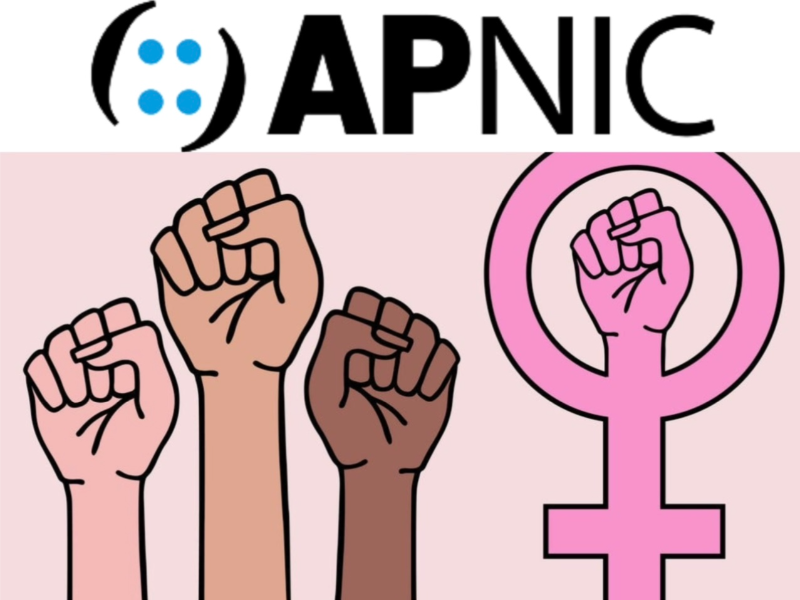- APNIC actively participated in KRNOG 2.0, fostering internet development in South Korea.
- The event focused on cybersecurity, IPv6 deployment, and technical capacity building.
What happened
APNIC supported and participated in KRNOG 2.0, held in Seoul, South Korea on 24 October 2024. The Korea Network Operators Group (KRNOG) organized the gathering. It brought together regional and global stakeholders. Attendees discussed internet advancements like IPv6 adoption, cybersecurity, and operational challenges. APNIC provided workshops and presentations on these topics, emphasizing its commitment to fostering technical capacity and knowledge-sharing among network operators.
At the meeting, Shane Hermoso gave a talk on ‘Routing Security & RPKI’. She explained why resource holders should create Route Origin Authorizations (ROAs). She also covered how to implement Route Origin Validation (ROV) and shared RPKI deployment stats in South Korea. Additionally, Joji Odagi and Shane met several APNIC Members and attendees. They answered questions about geolocation, geofeed issues, RPKI, and APNIC events.
Also read: Event Wrap: KRNOG 2.0
Also read: Is IPv6 essential? APNIC’s chief scientist questions the shift
Also read: What is APNIC? Inside the backbone of Asia’s internet
What it’s important
APNIC’s participation in KRNOG 2.0 highlights global collaboration in internet infrastructure development. This collaboration is essential for SMEs. For example, startups relying on IPv6 for IoT integration or AI-driven services stand to benefit significantly from smoother network operations and better security protocols. South Korea’s focus on digital transformation is mirrored globally, as seen in countries like Singapore, where initiatives like SGNIC‘s workshops support SMEs’ digital readiness.
One example is Netpia, a South Korean SME specializing in localized domain name systems (DNS). As an early adopter of IPv6, Netpia benefits directly from global expertise shared at such events, improving its services to provide faster, more secure internet access for small-scale enterprises and local governments.
This underscores the role of organizations like APNIC in bridging the knowledge gap, ensuring smaller companies like Netpia can compete against industry giants. Without such initiatives, SMEs often struggle with outdated systems, hampering innovation and growth. In a digitally connected economy, empowering these companies fosters a diverse, resilient ecosystem where smaller players can thrive alongside tech giants.

